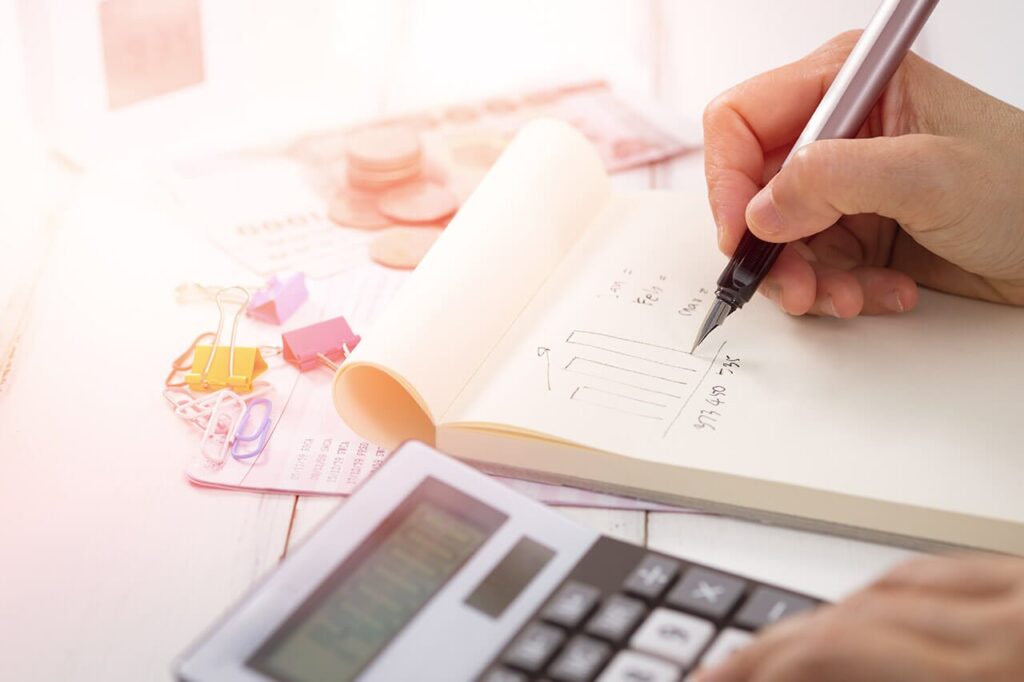What is a corporation tax return?

Paying corporation tax is an important and unavoidable part of business. We know it can be slightly overwhelming to keep on top of tax returns, especially when it comes to making sure they’re submitted on time. But don’t worry – we’re going to take you through the ins and outs of corporation tax returns to help you figure it out. So let’s get stuck in!
What is corporation tax?
Corporation tax (also known as corporate tax) is the amount you owe based on your net income. It’s generally calculated from the profits you make in the following areas:
- Trading profits – this is simply the everyday business that you do
- Investments that your company makes
- Chargeable gains – in other words, selling your company assets for more than they cost
It’s also worth noting that, as a UK-based company, you’re still liable to pay corporation tax on any profits you make overseas as well as in the UK.
How much do I need to pay?
The amount you owe varies depending on how much profit you’ve made throughout the year. For 2018 the main rate was 19%, but this could change in the future – so make sure you keep up to date with HMRC’s rates and allowances!
How do I know if I need to pay it?
It’s pretty easy to know if you should submit a corporation tax return. To put it simply, if your business is one of the following then you have to submit the form:
- A limited company
- A foreign company with a UK brand
- A club, co-operative or unincorporated association (such as a community group, sports club or membership organisation)
It’s as simple as that!
How do I submit a corporation tax return?
Unfortunately, you don’t get a bill or invoice for your corporation tax. If only it were that easy! Instead, you have to file a corporation tax return – otherwise known as a CT600 form – to work out how much corporation tax you owe.
Here are the steps provided by HMRC:
- The first step is to register your business for corporation tax.
- Throughout the year you’ll need to keep records of all your accounts so that you can complete a company tax form. This’ll help you work out exactly how much corporation tax you need to pay, so keep everything organised throughout the year to make the process easier for you.
- Once you’ve worked out how much corporation tax you have to pay, the next step is to pay it! The deadline for paying, or for letting HMRC know that you don’t owe any, is usually around nine months after the end of your accounting period, which is often the same as your financial year. You can be fined if you miss the deadline so it’s important to keep on top of it!
- You’ll also need to file your corporation tax payment which is usually due 12 months after the end of your accounting period.
And remember – even if you don’t actually have to pay any corporation tax, you still have to submit your return. Otherwise, you could be hit with a nice juicy fine from HMRC – hmm, no thanks! We’re sure you have better things to be spending your money on.
Making Tax Digital
In April 2019, HMRC is launching a new initiative called Making Tax Digital. The plan is that all VAT registered businesses earning above £85k will keep digital records and submit their VAT returns using compatible accounting software. This’ll potentially affect the way you submit your corporation tax, but don’t worry if you’ve never heard of it before. Head over to our Making Tax Digital blog post for all the information you need!






